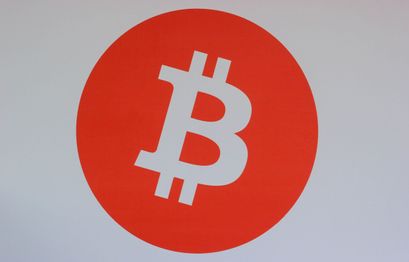Since it first emerged in 2009, Bitcoin has been one of the most controversial assets, followed closely by a number of other cryptocurrencies that surfaced shortly after.
Bitcoin is an extremely volatile asset that has many restrictions to its usage. While some see cryptocurrency as a safe bet during uncertain economic times, others see the use of digital currency as unreliable.
The legal status of Bitcoin and other cryptocurrencies differs around the world. In the West, crypto is fast becoming a popular way to purchase goods however, in other countries the digital currency is banned completely.
This article will take a look at the countries that have banned the use of Bitcoin and the reasons why these decisions have been made.
Bolivia
There has been a complete ban on Bitcoin in the country of Bolivia since 2014. The currency was banned by the Bolivian Central Bank, which issued a resolution banning it along with any currencies that are not regulated by the economic zone.
This ban was issued to protect the boliviano (the Bolivian national currency) and to safeguard users from losing their money. When the ban was issued, other South American countries, including Colombia, were also considering a Bitcoin ban.
China
Throughout 2021, China has been using intense measures to crack down on the use of cryptocurrencies in the region. These measures include restrictions on Bitcoin mining in the country and limiting crypto exchanges in China and overseas.
Many people believe that China’s Bitcoin crackdown is an attempt by the Chinese government to issue their own digital currency. However, the official reason that China has placed restrictions on the asset is to protect people’s finances and better monitor the transactions of Chinese nationals.
Indonesia
The use of Bitcoin and other cryptocurrencies was banned as a means of payment by Bank Indonesia in 2018. While the assets cannot be used as payment, it is still possible to trade crypto as commodities in the country.
In Indonesia, it is believed that cryptocurrency enables the development of illegal platforms and the ban is an attempt to prevent these platforms from emerging. Binance is illegal in the country because it does not hold a licence.
Vietnam
In Vietnam, it is illegal to issue, supply and use Bitcoin as a form of payment. Those who break these rules can be heavily fined. However, it is still possible to trade Bitcoin and hold the currency as assets.
The country banned the use of Bitcoin as a payment to protect its economy from currencies that are not regulated by the government. This could help to protect the country’s economy from market volatility.
To this day, Bitcoin and other cryptocurrencies have high volatility and are still considered to be risky by many economies. While the above countries have placed a ban on using Bitcoin to make purchases, there has still been a large amount of Bitcoin trading activity by users in each of the economic zones.
The restrictions placed on cryptocurrency in these countries raises the question: Could cryptocurrency ever become the main form of currency across the world?
Contributors












